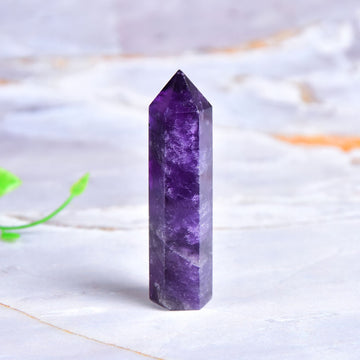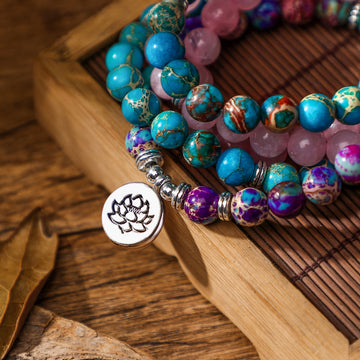Living in the 21st century means our attention often becomes derailed by email, iPhones, text messages, bad news on television, and the stresses of work, relationships and family. Among these constant distractions we become overwhelmed and miss the extraordinary gift of being alive. Our bodies break down under the onslaught, creating stress that contributes to insomnia, anxiety, depression, obesity and chronic diseases.
The solution lies in remaining awake to what is real and true in our lives during difficult and happy times.
As we all know, remaining awake is harder to do than it sounds. The monkey mind gets in the way. To pay attention, we need to be quiet, practice stillness, know the habits of our mind and be skilled at dancing with them, rather than be controlled or dominated by them. We need to know how to witness thoughts and feelings without letting them overwhelm our lives.
My way into medicine was through Buddhism. I majored in Buddhist studies at Cornell. As a young man in college, I became deeply interested in the mind, in the nature of our consciousness, how our thoughts and perceptions control our lives, and how we can work with them in a way that brings more love, kindness, compassion, and insight into every moment, rather than darkness, suffering, struggle and pain.
Pain and loss are inevitable. Death, illness, war and disaster will always be part of the human condition. Yet as a young man, I began to wonder whether a way to understand suffering in a different light existed to break the cycle of suffering.
I realized we could discover a way to be more awake, to see things as they are, to notice life as it is and savor it, to love it, to wake up with gratitude, lightness, and celebration for the magic of life. Those qualities always exist. The trick becomes simply to notice.
That awareness demands a stillness of the mind, which can become a real challenge. Being awake takes practice.
Each of us must find our path to being awake. Ancient traditions provide many avenues. Rather than subscribe to a particular religion or philosophy, we simply need a desire to show up and pay attention without judgment or criticism. We need to notice the ebb and flow of our breath and our thoughts without clinging to them, like waves washing over you on a summer day at the beach.
This requires us to be patient with ourselves, to love ourselves, even all the ugly, petty, small thoughts. It requires us to create calm within the chaos through nonjudgmental awareness. Most of us have no clue how to do this.
When I was 20 years old, I attended a silent meditation retreat. Sleeping, meditating and eating were all I did for 10 days.
As the turbulent oceans of my young mind settled each day, I began to feel more awake, more alive, and happier than I ever had before. Happiness was not connected to any external event or person. I simply noticed the beauty and brilliance in people and in nature surrounding me.
Over my life I’ve come in and out of practicing stillness, but whenever I return to it, that awareness feels like home.
The point of meditation, of doing nothing, is not an end in itself, but a way to calm the mind, to see the true nature of things, and reduce the impact of suffering while increasing love, kindness, wisdom, fearlessness, and sympathy.
From that stillness, your life becomes richer, your actions clearer, your words more direct and powerful, with an enhanced capacity to be fully engaged in life. Meditation is not a retreat from life, but a way to go fully into it and cultivate your own power and happiness.
Science substantiates mediation’s many benefits, including reducing chronic pain, blood pressure, headaches, anxiety, and depression.
Meditation can also help you lose weight, lower cholesterol, increase sports performance, boost immune function, relieve insomnia, increase serotonin, optimize brain waves, and improve learning, attention, productivity, and memory. Meditation can even help you have mind-blowing sex.
Regardless of these and other benefits, I practice meditation and yoga (meditation in motion) to become more awake to life, to myself, to cultivate loving kindness and compassion toward myself, toward others, and to the often-challenging human condition we find ourselves in.
All you need is a few minutes, plus a place to sit and be quiet, and you can do this anywhere.
There are thousands of ways to meditate, including traditional mindfulness meditation, but yoga, nature, dance, breathing and prayer all count.
If you meditate, what is the biggest benefit you’ve seen in your life?



































